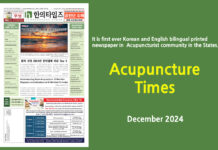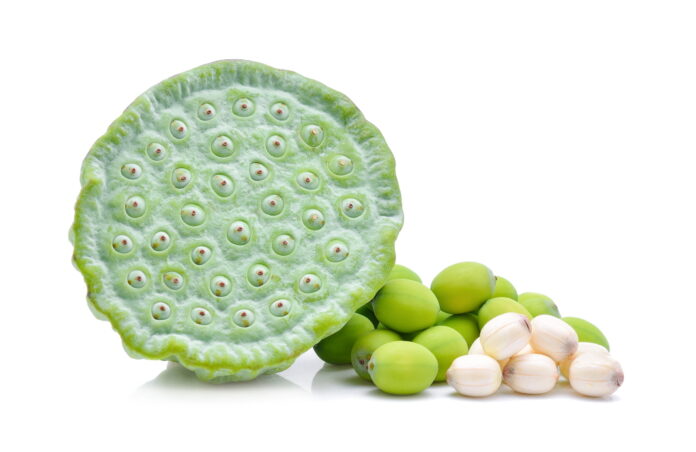A Study Proved that Acupuncture and Herbal Treatment Help Relieving the Symptom
By Namwook Cho L.Ac.
Insomnia cases surged during COVID-19.
Based on Google Trends’ search queries for the term “insomnia,” there was an increase in difficulty sleeping, both in the United States and globally, during the acute phase (April ~ May 2020) of the COVID-19 pandemic. Results of the study were recently published in the Journal of Clinical Sleep Medicine.
There have been many solutions in Asian medicine, and its treatment effects have been confirmed with meaningful results compared to treatment for the symptom with conventional medicine.
Asian dates, lotus seeds, and leaves teas enhance the quality of sleep
According to Asian medicine, five factors cause insomnia: excessive thinking or worrying, blood deficiency, yin deficiency, and psychologic trauma. In addition to the five factors, excessive heat in the stomach and heat-induced phlegm. To fall a night of sleep, the head should be kept in the cold, but the heat from the stomach and heat-induced phlegm directly increases the head’s temperature and cause insomnia.
It is also easily seen in a clinic that insomnia due to Qi and blood deficiency. The case is usually seen in a patient among seniors or night shift workers group.
Shí quán dà bǔ tang(十全大補湯) has been used for the treatment of insomnia due to Qi and blood deficiency.
Acupuncture treatment and herbal medicine proved to relieve the symptom. The journal, Herbal Medicine (Cheonwangbosim-Dan, Tianwangbuxin- Pellet) for Insomnia Disorder: A Systematic Review and Meta-Analysis of Randomized Controlled Trials published in Journal of Oriental Neuropsychiatry 2018 compared the treatment effects of acupuncture and herbal medicine to conventional medicine.
The result was that herbal medicine, Tianwangbuxin, with acupuncture treatment for insomnia was meaningful result than the patients who were treated with conventional medicine. (RR: 1.32, 95% CI: 1.13 to 1.54, p=0.0004, I²=0%).
Particular food also helps. The onion has filled with a sufficient amount of yin. Eating half or one onion per each meal is helping. If a patient does not like to eat onion, ask the patient to peel an onion, cut it into four pieces, and locate it in a bedroom. The onion smell enhances vitamin B1 absorption, and vitamin B1 has known to induce sleeping and relaxing sensation.
Asian dates, seeds of lotus, and lotus leaves have been used to recommend for better sleep.
There are acupuncture points that need to be introduced to your patient. Usually, K1, SP6, HT7 are commonly used for massage or stimulated by pointy objects before going to bed at night.





































